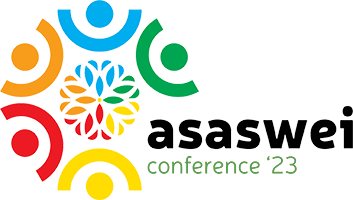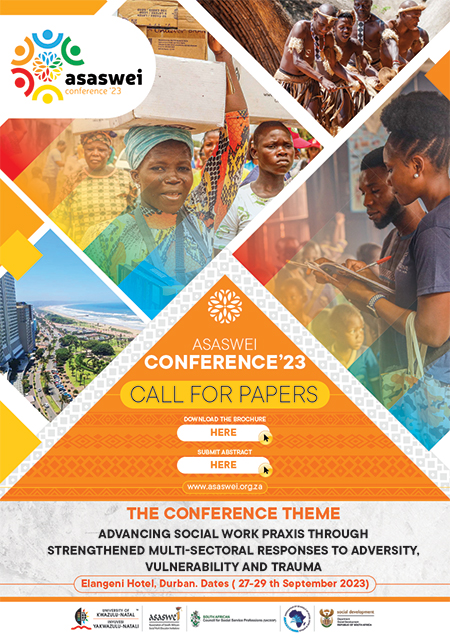The Table page displays a submission's general information and data using tabular layout. Watch video
Submission information
Submission Number: 92
Submission ID: 123
Submission UUID: d3762ed4-95f4-454a-add3-995bdc931952
Submission URI: /2023/abstracts
Created: Tue, 07/04/2023 - 18:39
Completed: Tue, 07/04/2023 - 18:53
Changed: Fri, 07/14/2023 - 09:56
Remote IP address: 212.199.144.154
Submitted by: Anonymous
Language: English
Is draft: No
Current page: Complete
Webform: Abstract
| Title | Dr. |
|---|---|
| Lastname | Farchi |
| Firstname | Moshe |
| moshefar@telhai.ac.il | |
| Mobile | +972525612357 |
| Institution | Research Center for Innovation in Social, Social Work Department, Tel-Hai College, Israel |
| Biosketch | . Moshe Farchi, PhD. is an expert in the fields of acute trauma, Psychological First Aid (PFA) and psychological inoculation, and Effective Resilience. Dr. Farchi has also conducted extensive research into the fields of resilience empowerment and acute Stress reaction. Dr. Farchi is the head of the Social Work department in Tel-Hai College and is the professional head of the Stress Trauma & Resilience Studies program. Dr. Farchi is the Founder and professional Leader of the Israeli national Psychological First Aid The "SIX Cs" model. This model has been adopted and utilized by wide range of institutions and counties. |
| Is there a Second Presenter? | No |
| Title of Presentatation | The SIX Cs model for Psychological First Aid (PFA): Empirical Evidence |
| Theme Selection | THEME 1: Promoting stakeholder partnerships that protect, support and enhance resilience during adverse events and trauma |
| Subtheme ONE Selection | SUB 1.1The role of psychosocial services during adverse events and resultant trauma from a Human rights perspective |
| Select your Presentation Type | Oral Presentation |
| Abstract | The acute stress responses (ASR) following traumatic events predicts post-traumatic stress disorder (PTSD. There is a need for a short psychological first aid (PFA) that non-professionals can learn, to help mass casualties. This study tested the Six Cs model (Cognitive, Communication, Commitment, Continuity, Challenging and Control) in an experimental design on ASR signs. Sixty-three participants were randomly assigned to the Six Cs intervention or to supportive emotional expression (controls). They listened to an emergency phone call. Before, immediately after, and 5min later participants' anxiety, heart-rate variability (HRV) and mental resilience were measured. All Time x Group interactions were statistically significant: The Six Cs participants showed lower anxiety and less reductions in HRV and resilience than controls immediately after the stressor, and they recovered faster than controls on all three outcomes. The results clearly demonstrate a profound superior effect of the SIX C's method over the control method, in all outcomes, immediately after a simulated stressor and 7min later, thus truly showing a better effect on resilience. This study has implications for training people worldwide in a simple, effective and evidence-based method as a new form of PFA. |
| Title | |
| Firstname | |
| Lastname | |
| Does the Abstract fit the selected Theme? | Yes |
| What Area does this Abstract Focus on? | Empirical Research |
| Status | Accepted |
| Title | Dr |
| Firstname | Peggie |
| Lastname | Chiwara |
| Does the Abstract fit the selected Theme? | Yes |
| What Area does this Abstract Focus on? | Empirical Research |
| Status | Accepted |

